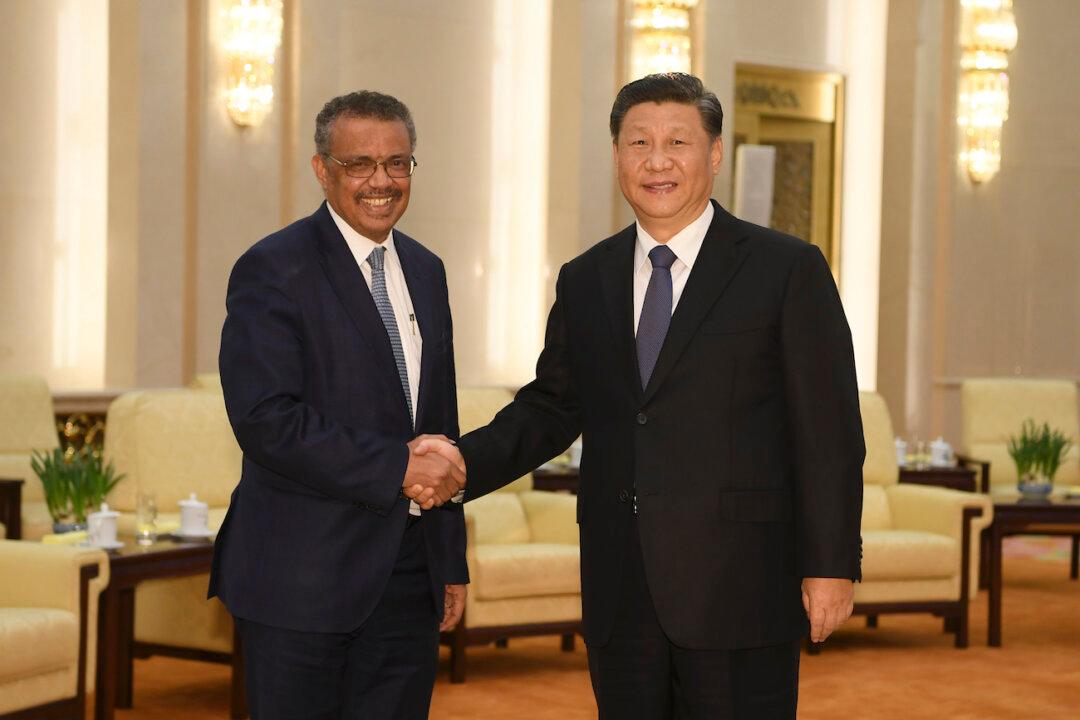The World Health Organization (WHO) has refused to release the names of doctors who thwarted an early bid to declare the CCP virus a global health emergency at the start of the year, Sky News Australia reported.
A previous investigation by Sky found that a group of WHO doctors had debated over whether or not to declare the Chinese Communist Party (CCP) virus a global emergency in late January, but those medical professionals who wanted to implement strict travel restrictions were outvoted.




